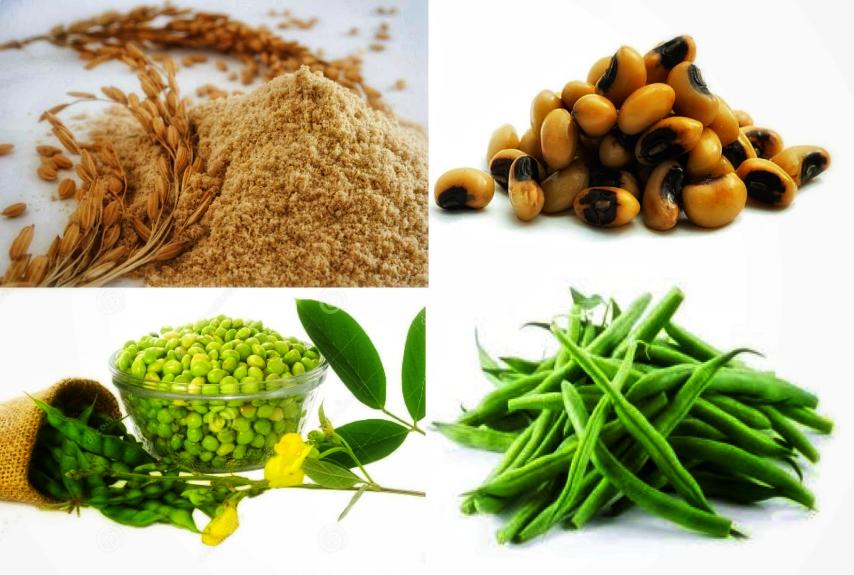By Victoria “NIKE” De Dios
Given the fact that various agricultural wastes from coconut, rice, and vegetables have become a big problem in terms of management and disposal, the Filipino scientists once again proved that their ingenuity and astuteness would bring not just money but also an honor to the country as they started to develop protein concentrate for sports nutrition from these agri-wastes.
Lourdes Montevirgen food technologist from the Industrial Technology Development Institute of the Department of Science and Technology (DOST-ITDI) and her team developed protein concentrates from local plant and vegetable sources, which otherwise are underutilized of just end up as wastes.
Currently, they are doing a further extensive study of the untapped wealth into the potential market of the global functional protein market.
Dubbed as ‘green gold’, the global functional protein market is projected by Markets and Markets Research Private Ltd. based in Pune, India to reach US$5.73 billion by 2022.
Funded under the DOST Grants-In-Aid program, the team will recover and extract the protein content by processing agricultural by-products such as pressed coconut meal and rice bran and local vegetables like cowpea (paayap), and pigeon pea (kadyos).
This functional protein concentrates and their other forms are seeing increased global demand because of consumer awareness and the growing need for food products with improved functionalities such as infant formula, sports nutrition, functional beverages, dietary supplement, and animal nutrition.
More than these, Montevirgen is also looking at alternative source materials that would not compete with products that are more commonly important use, for example, protein from coconut meat instead of pressed meal or protein from animal sources instead of rice bran. These are rich sources offering added functionality for other higher-value products like copra and their derivatives, milk, and milk products.
The project started rolling and the team aims to develop protein concentrates that can be applied in sports nutrition like high-protein drinks, animal meat alternatives like textured vegetable protein (TVP) products, and in liquid food as stabilizers or emulsifiers.
To recover protein from these sources, the project will develop and modify existing methods of pretreatment, extraction, and recovery. These will maximize factors such as productivity, reliability, and efficiency of methods to recover the protein especially for commercial production of food-grade protein concentrates.
Hence, while the growth of functional protein market is driven by consumer awareness and need for functional foods, the team is riding on the growing preference for a healthy diet, increasing instances of chronic diseases, and technological upgrades in food to shift demand from plain functional to healthy and enhanced functional food, and achieve the envisioned positive change through research and development.














